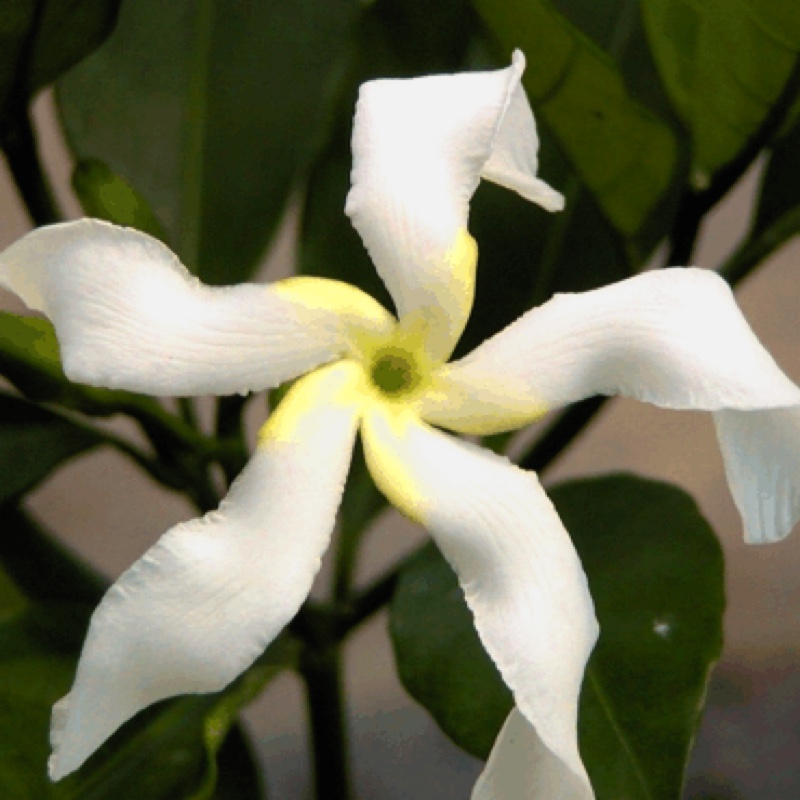
Tabernaemontana Sananho
Tabernaemontana Sananho
Tabernaemontana is a medium sized to large evergreen tropical shrub or small tree in the Oleander family, and is a native of India and southeast Asian. Flowering can occur throughout the year, but the heaviest blooming is in Spring and Summer. There are semi-double- and double-flowered cultivars. Tabernaemontana sananho is a tropical tree The plant is harvested from the wild for local medicinal use
Contributed by @drnicko
-
Full sun to partial shade
-
Occasional watering
-
A little frost hardy: 32F (0°C)
-
Rich and free draining
Common name
Tabernaemontana Sananho
Latin name
Tabernaemontana Sananho
type
Evergreen Shrub
family
Apocynaceae
ph
5.5 - 7.3 Acid - Neutral
Plant & bloom calendar
-
Best time to plant
-
When the plant will bloom
full grown dimensions
 4.00 M
8.00 M
4.00 M
8.00 M
Tabernaemontana Sananho
Tabernaemontana is a medium sized to large evergreen tropical shrub or small tree in the Oleander family, and is a native of India and southeast Asian. Flowering can occur throughout the year, but the heaviest blooming is in Spring and Summer. There are semi-double- and double-flowered cultivars. Tabernaemontana sananho is a tropical tree The plant is harvested from the wild for local medicinal use
Planting
From Early Spring TO Late Spring
This tropical, heat-loving plant will take a few degrees of frost but will not survive a hard freeze, so where frost is likely, it is best to grow it in a container, or under glass. Grow in acidic to neutral, humus-rich, free-draining soil or compost. If planting outdoors, water in well, and place a layer of mulch around the stem.
Flowering
From Early Spring TO Late Winter
The night-fragrant flowers can appear at any time of the year, but flowering is heaviest in Spring and Summer
Propagating by cuttings
From Late Summer TO Early Autumn
Take semi- ripe cuttings from this season's growth in Autumn. Cut neatly, just below a leaf node, a 5" approx. piece of a healthy shoot that has soft growth at the tip. pinch out the growing tip, and cut off the bottom leaves. Dip the bottom of the cutting in hormone rooting powder, and carefully place in a pot of cutting compost with the leaves just above the level of the compost. Water, label, cover with a polythene bag, and place in a warm, bright place, out of direct sunlight. Take the polythene bag off periodically for a while for ventilation (at least twice a week)








